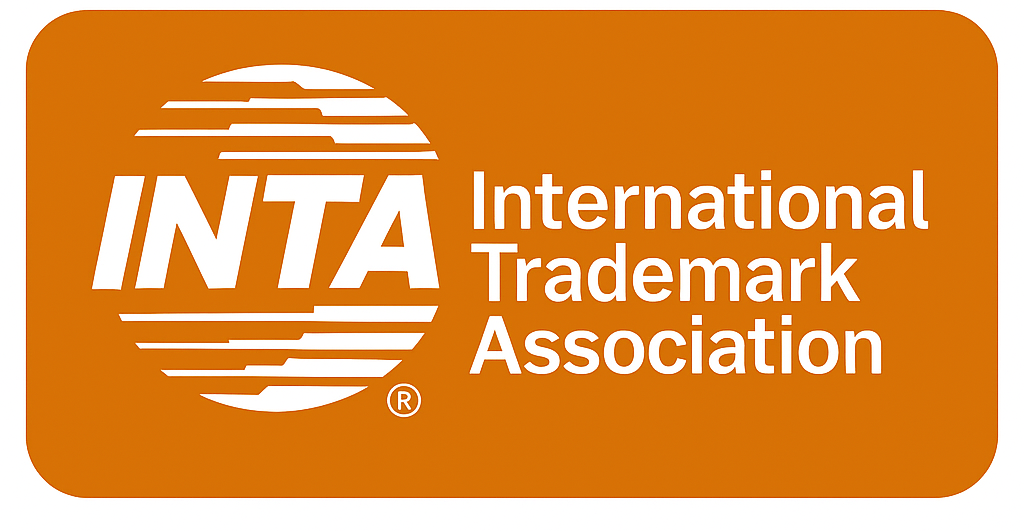Get funding
When you start a business, there’ll usually be a period when you’re investing lots of time, effort and money before you start making a profit. Before you do this, it’s important to research your market to make sure your customers will really pay for your product or service.
Once you’re confident they will, explore sources to help with the costs of starting up your business.
Government schemes
You might be able to get help from a government-backed support scheme if you need some initial funding to test and develop your business idea.
Search for business finance using the finance finder tool to see which schemes you may be eligible for.
Get a bank loan
Once you can show that there’s a market for your idea, one option for funding your start-up costs is getting a bank loan. You’ll need to be able to:
- give the bank realistic cash flow forecasts
- prove that you’ll be able to pay back the loan with interest.
You’ll need to know how to forecast credibly sales, profit and loss, and cash flow.
The bank might require you to provide security against your loan, like your house or car, in case you don’t repay. You should think carefully about how much risk you’re willing to take on before you get a loan or give any personal guarantees.
Find business finance in your area using the British Bankers’ Association’s finance finder tool, including business angels (individuals who invest in start-up businesses), regional funds, government schemes and banks.
Selling shares
If you need more investment, you might be able to raise money to fund your growth plan by selling shares in your business. You can do this by getting friends and family to invest. However, if this isn’t enough you can look for sources of ‘equity funding’, including:
- ‘business angels’ (wealthy individuals who invest in start-up businesses)
- ‘venture capital’ from companies who invest large sums of money in businesses that they think will grow quickly (known as ‘private equity’ companies)
- ‘crowdfunding’ (where a large group of people invest money in a business idea, usually via the internet)
- alternative sources of finance like ‘peer-to-peer lending’.
Any outside investors will own the company jointly with you and the other founders. They have a say in the running of the company, and are entitled to get a share of the profits, known as ‘dividends’.
You should get legal advice before selling shares in your business.

Search for equity funding
Find out about equity funding and venture capital, and search for sources of funding from the:
- British Private Equity and Venture Capital Association (BVCA)
- UK Business Angels Association
You can also sign up for the Seed Enterprise Investment Scheme – your investors will get certain tax reliefs, making your company more attractive to investment.
SEIS provides very attractive tax reliefs for individuals investing in new ventures. However, as with any investment in a limited company care needs to be taken at the outset to ensure that problems are not encountered further down the line.
Companies to which the SEIS scheme applies
SEIS is a version of the Enterprise Investment Scheme designed for smaller companies and new start-ups.
To qualify the company into which the investment is made must satisfy (amongst others) the following requirements:
- The company must be an unquoted company which has been incorporated within 2 years of the date on which the shares are issued.
- The purpose of the company must be to carry on a qualifying trade as a genuine new venture.
- The company must not be controlled by another company nor be a member of a partnership.
- The gross assets of the company must not exceed £200,000 immediately before the shares are issued.
- The company must have fewer than 25 employees.
- The total amount of SEIS investments made into the company must not exceed £150,000.
Requirements in relation to the investment
- The investment must be made by an issue of ordinary shares, fully paid up and for cash.
- Neither the investor nor his associates (which includes business partners, civil partners, parents and grandparents, children and grandchildren) can be an employee of the issuing company at any time from incorporation to the third anniversary of the issue of the shares (but a person who is a director will not be treated as an employee).
- The investor cannot hold more than 30% of the issued share capital, or voting rights, or rights to its assets in a winding up of the target company at any time from the date of its incorporation until the third anniversary of the issue of the shares.
- The shares must be held by the investor for 3 years after they are issued.
- All of the money raised by the investment must be spent by the issuing company for the purposes of its qualifying business activity within 3 years after the shares are issued.
The tax reliefs
SEIS provides 3 separate tax reliefs:
- Income tax relief by way of reduction of tax liability of 50 per cent of the cost of the shares, on a maximum annual investment of £100,000.
- For the tax year from 6 April 2012 to 5 April 2013 Capital Gains Tax (“CGT”) relief can be obtained on chargeable capital gains arising from the from the disposal of an asset made in that tax year which are reinvested in the SEIS within the same year (again this is subject to the £100,000 maximum investments).
Any gain on disposal of the SEIS shares after the third anniversary of their issue will be exempt from CGT.





